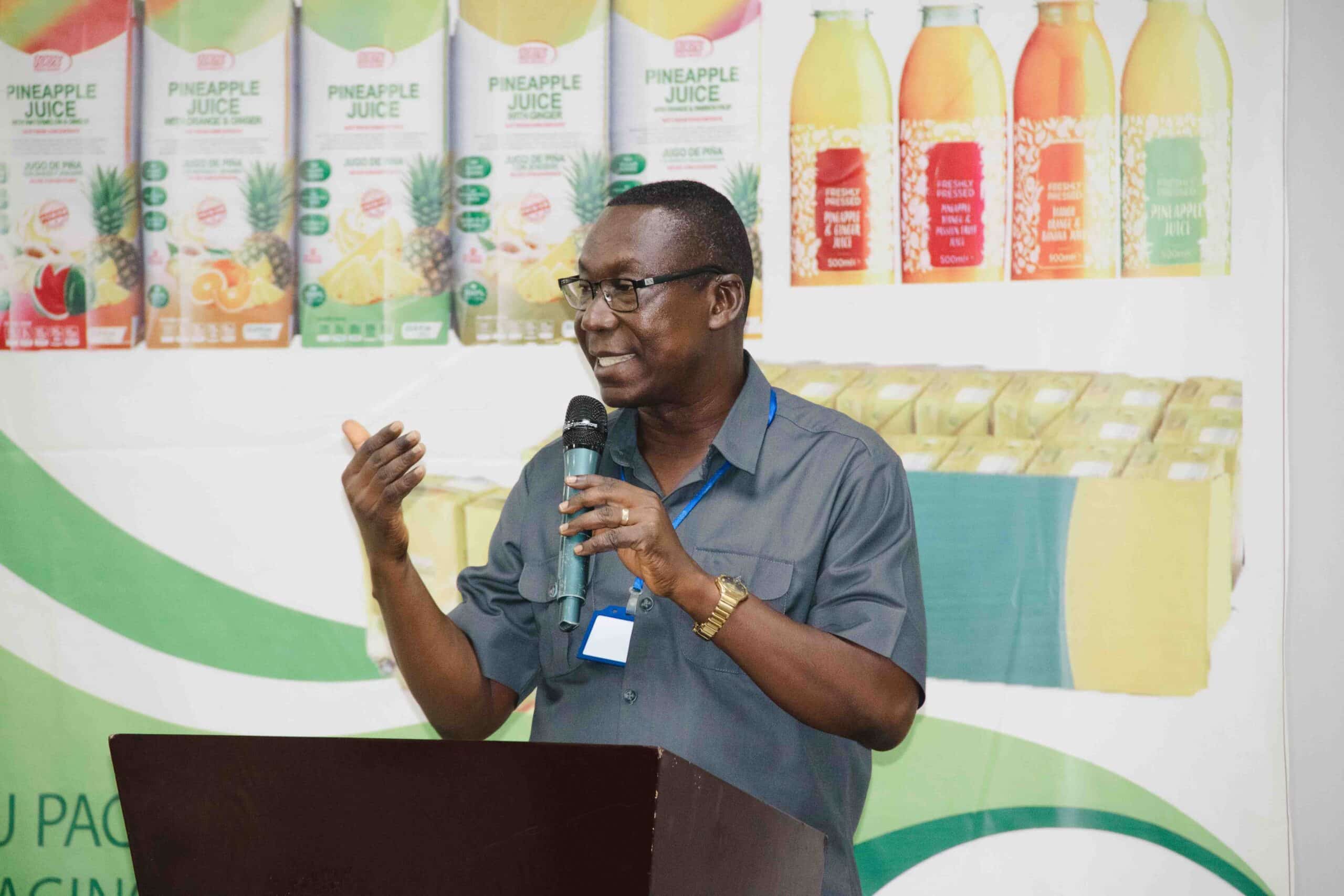Foreign Direct Investment (FDI) has long been discussed as part of the solution to food security concerns in both developed and developing countries, however questions remain as to the impacts of this investment on the host country, “land grabs” being heavily criticised in the past, for example.
Benefits of Foreign Direct Investment
Foreign Direct Investment can bring about positive impacts for both the investing business and the host country.
Benefits for the investor can include:
- Market diversification
- Tax incentives
- Lower labour costs
- Preferential tariffs
- Subsidies
Some possible benefits for the host country are:
- Economic stimulation
- Development of human capital
- Increase in employment
- Access to management expertise, skills and technology
All of these have the potential to bring about improvements in food security in the host country, which can make attracting foreign investment an important part of developing countries’ policy prerogatives.
Developed countries
For the most part, populations of developed nations around the world are considered food secure. However, in recent years, many such countries have sought to reinforce that status through investments in foreign agricultural land.
Arab nations and China have increasingly looked to Africa for this reason. These countries have growing populations and are limited in natural resources vital for agriculture such as land and water. Fears have arisen that dependence on international markets for food security is becoming more risky, due to recent supply shocks and price spikes.
Although these investments into agricultural land often boost the developed country’s security, it is sometimes argued that this is to the detriment of the host nation.
Therefore, other forms of investment that benefit food security in both sources and host nations should also be considered.
Developing countries
Decades of under-investment in agriculture in developing countries has led to stagnated development, especially in Sub-Saharan Africa. In that context, many African countries have been making serious efforts to attract FDI into their agricultural sectors to fill the gaps in their funding.
This investment can however have a detrimental impact on the hosts’ food security and the overall economy. The financial benefits of acquiring these investments are frequently slim, as tax breaks, low land rents and other financial incentives are commonly afforded.
Although large scale land acquisitions have been widely publicised as having few developmental benefits for the host country, technology transfer, employment creation and infrastructural developments that are brought on by the injection of foreign funds can be key to improving food security in the developing world.
Other forms of investment can offer just as much security of supply to investors while also being more likely to benefit the host community. These include joint ventures, outgrower schemes or investments in other stages of the value chain. Research has also been conducted on the relationships between sectoral FDI and food security.
It has been found that FDI into the primary sector often has a negative impact, through changes in the use of agricultural land, increasing unemployment and demographic and environmental externalities. By contrast, FDI in the secondary sector has been shown to be more effective in improving food security by improving employment rates and wages, along with providing technology and knowledge spillovers.
A study conducted in Ghana concluded that there is both a negative long and short-term relationship between agricultural FDI inflows and food security.
Outlook
Undoubtedly, substantial investment is required in developing countries in order to improve food security. This is money that these domestic governments do not have to spend or choose not to spend it, meaning that foreign and private investors are needed to bridge the gap between current funding and what is required.
The key question is how the impact of foreign investment can be optimised to maximise benefits in terms of food security, while at the same time minimising risks to all stakeholders. Current concerns about large scale investment are based on historical evidence that shows benefits do not always materialise. Future investors should avoid overly mechanised production systems with limited employment creation effects.
Efforts should also be made to source inputs from the host country to increase multiplier effects while limiting negative environmental externalities to ensure the continued productivity of the land, a vital resource in supporting food security.
Moving forward
To ensure food security, build capacity, and improve technological adoption in developed countries, further investment into agriculture is essential.
At Farrelly Mitchell we partner with governments, NGO’s, DFI’s and multilaterals to support and facilitate investments in the food and agribusiness industry. We adopt an approach that emphasises technology transfer, employment generation, and infrastructural improvements, thus ensuring that investors steer clear of the pitfalls of past investments.














